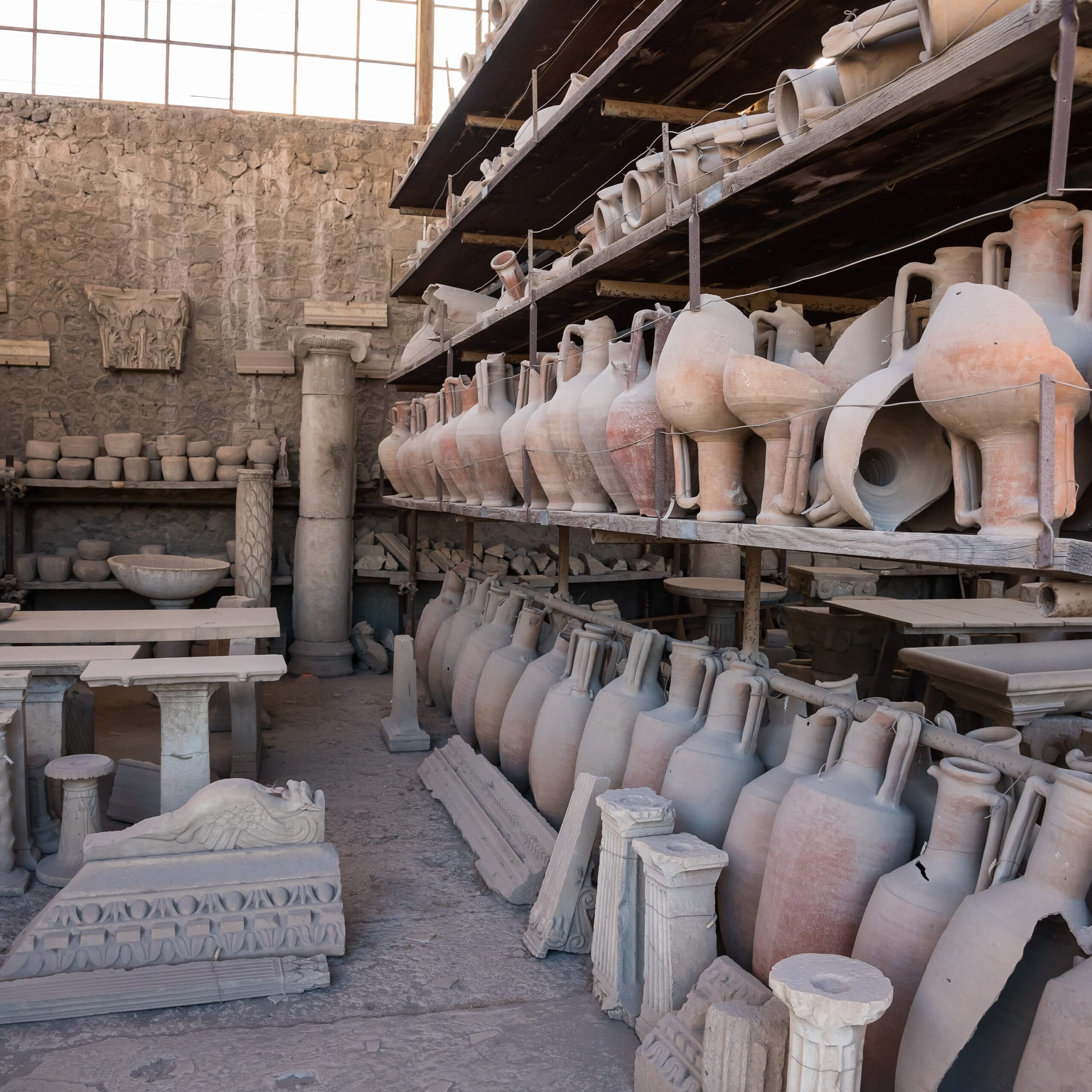From as early as Biblical times, the idea of wine has been mentioned numerous times – and for thousands of years, wine has been used for ritual, religious, and even health reasons. Today, over 20 billion liters of wine are produced each year globally.
So how did this wine mania evolve?

Ancient History of Wine
The first evidence of wine-making dates back to 6000BC – and specifically in Armenia, Turkey, and Iran.
It was also a significant time when the usual nomad traditions evolved into more stable settlements with homesteads and farming. Their stability also allowed them to experiment with various things – and hence, the experimentation and creation of beer and wine.

History of Wine in Egypt
The idea of wine extended through thousands of years – all the way to the Ancient Egyptians. There is clear evidence that the Pharaohs and elite primarily enjoyed wine as it was believed to have divine qualities. But what they consumed was not what we know as wine today.
Their “wine” was not always made from just grapes but included various fruit.
It was also not just a simple drink. The wine was used as an antiseptic, dressing for wounds, cough syrups, and even sedating women during childbirth.

History of Wine in Greece
In a different part of the world, in Ancient Greece, wine was still highly respected and was known as “the juice of gods.” This was exhibited by the fact that large goblets were made from gold and silver purely for the consumption of wine.
Unlike the Egyptians, the Greeks disapproved of drinking wine in large quantities – and used it to gain clarity and insight about essential matters. They did, however, add different substances to their wine, such as herbs, honey, and even seawater.
History of Wine in Italy
During ancient times, Greece was a prominent trader of wine throughout the world. Legend has it that Roman soldiers would often invade Greek cities before the wine was exported and made with Greek wine and treasures. The Romans eventually planted and produced their wines. So it is no surprise that Greek wine played a significant influence on how Romans made their own.

Roman Drinking Traditions
Although they diluted their wine heavily with water, it was a Roman tradition to drink copious wine and become heavily intoxicated. The wine was seen as a necessity and used to show status and wealth. Even enslaved people were given a certain amount of wine weekly ‘to help keep their strength up.’
Grapes vs. Grains
The popularity of wine in the Roman diet was so extreme that many wheat fields were uprooted and replaced with grapevines. Although this meant affordable wine prices – it did lead to a shortage of food. However, the Romans quickly corrected their mistake and balanced the production of grapes and wheat.
When the Roman Empire collapsed, it was only the Catholic Monks to thank for continuing wine production. With the Monks gaining vast knowledge and skill in wine production, they traveled throughout Europe, spreading their religious traditions, including wine consumption.
History of Wine in France
It wasn’t long before Monks in Italy and France became wine experts. However, in France, the Monks’ privileges concerning the wine and vines were revoked during the French revolution – and instead handed to the working class.
Considering that the vines were now the peasants’ means of survival, France’s wine production grew strong. Wine continued to spread worldwide as travelers advanced to different countries – taking their wine along with them.
History of Wine in the New World
Japan
The following centuries saw each country being introduced to a different culture and, consequently, another wine: In Japan in the 16th century, Catholics from Portugal arrived to preach about their religion and introduce them to wine. However, it wasn’t until a few hundred years later that Japan planted its vines to start wine production.
South America
During the same time, Spanish missionaries traveled South America and started wineries in Chile, Uruguay, and Argentina.
North America
In the 18th Century, when Spanish missionaries arrived in Mexico and California, they established the area’s first winery. After a trip to France a few years later, Thomas Jefferson fell in love with French wine and returned to America to plant French vines in the Virginia area.
South Africa
On the other side of the world, a fleet traveled from the UK to South Africa – where they fell in love with South African grapes and took vines across to Australia to plant.
New Zealand
In the early 19th century, a British resident traveled from Australia to New Zealand and planted Australian vines in New Zealand – establishing New Zealand’s first winery.
China
The 20th Century saw China opening up to the idea of wine and imported their first wine from France.
It gained so much popularity that China is now one of the biggest producers and consumers of wine.
History of Wine and Religion
Each century and each part of the world has its own story about its wine production started. Therefore, it is no surprise that each country currently has wine and grapes worldwide. However, it is pretty surprising to learn that this wide variety is thanks to religion.
Who first invented wine?
There is no known inventor of wine. Growing grapes and winemaking are two of the oldest inventions of humanity still in use today.
What is the origin of wine?
The origin of wine most likely dates before modern humans. There is evidence of alcohol being consumed by Neanderthals.
How was wine first discovered?
It is very likely that there were multiple discoveries of fermentation in different cultures in the Middle East from around 10000 BCE
